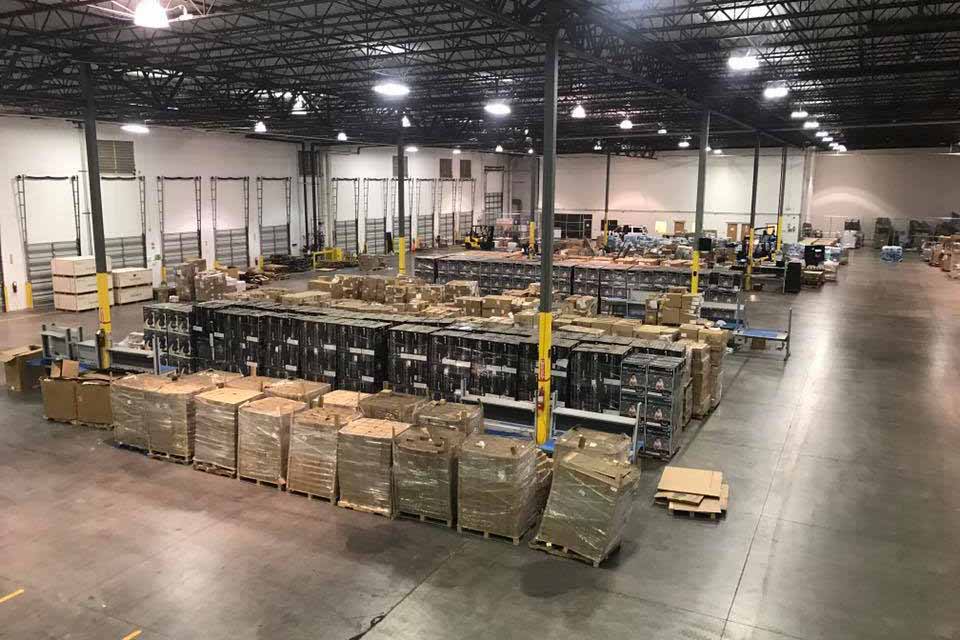
Leaders at both R2 and e-Stewards cited safety concerns for recycling and refurbishing operations as well as the auditors that visit them. | Courtesy R2 Corporation
The administrators of e-scrap standards are adjusting auditing and certification procedures in response to the global coronavirus pandemic. R2 and e-Stewards both published guidance on the temporary policies this week.
Leaders at both of the standards cited safety concerns for recycling and refurbishing operations as well as the auditors that visit them. Federal officials are recommending stringent social distancing measures be taken to limit contact between individuals as the novel coronavirus disease (COVID-19) spreads around the U.S.
“Until the COVID-19 outbreak is under control, some adjustments of how and when your audit will be conducted are likely to be necessary,” e-Stewards wrote in an update to processing companies.
Corey Dehmey, executive director of R2 parent organization Sustainable Electronics Recycling International (SERI), noted in a letter that the temporary changes “will provide flexibility to auditors and facilities working to maintain R2 [c]ertifications during this period.”
Dehmey added that “the safety of everyone should remain the primary objective in these extraordinary times.”
Adjustments for e-Stewards
With facilities in many industries temporarily curtailing or suspending operations, e-Stewards officials noted some recycling facilities may find themselves due for an audit during the period they are closed. Certification bodies are able to extend a facility’s certification for up to six months from its scheduled expiration. Such alterations should be worked out directly with the certification body, e-Stewards wrote.
Additionally, e-Stewards-accredited certification bodies can conduct remote audits. The organization recommends this in all cases where social distancing is advised locally.
Refurbishment companies are seeing greater demand for second-hand equipment due to more people working from home, and companies are having trouble sourcing replacement batteries that meet e-Stewards’ requirements. As such, the e-Stewards standard also will temporarily relax its battery health requirements.
R2 auditing shifts
SERI is anticipating auditing disruptions during the current period of lockdown in many states, but the group also foresees delays later on as auditors work through backlogs. The organization is implementing alternative procedures “spanning an entire year” to handle the disruption.
R2 facilities that have suspended or cut back on operations due to the coronavirus can have their surveillance audits postponed, but they must be completed by the end of 2020.
For facilities that are still operating, SERI is supporting the use of remote auditing techniques throughout 2020 “as long as audit objectives can be achieved.” This is determined by each certification body.
Expiring certificates may be extended up to six months for facilities that close or reduce their operations due to coronavirus, SERI added, but the certificates cannot be extended beyond the end of the year without an audit.
More stories about certification standards
- SERI works to restore faith in certifications
- Petition calls for certification action after ITAD device theft
- Processor responds to e-Stewards eligibility suspension



